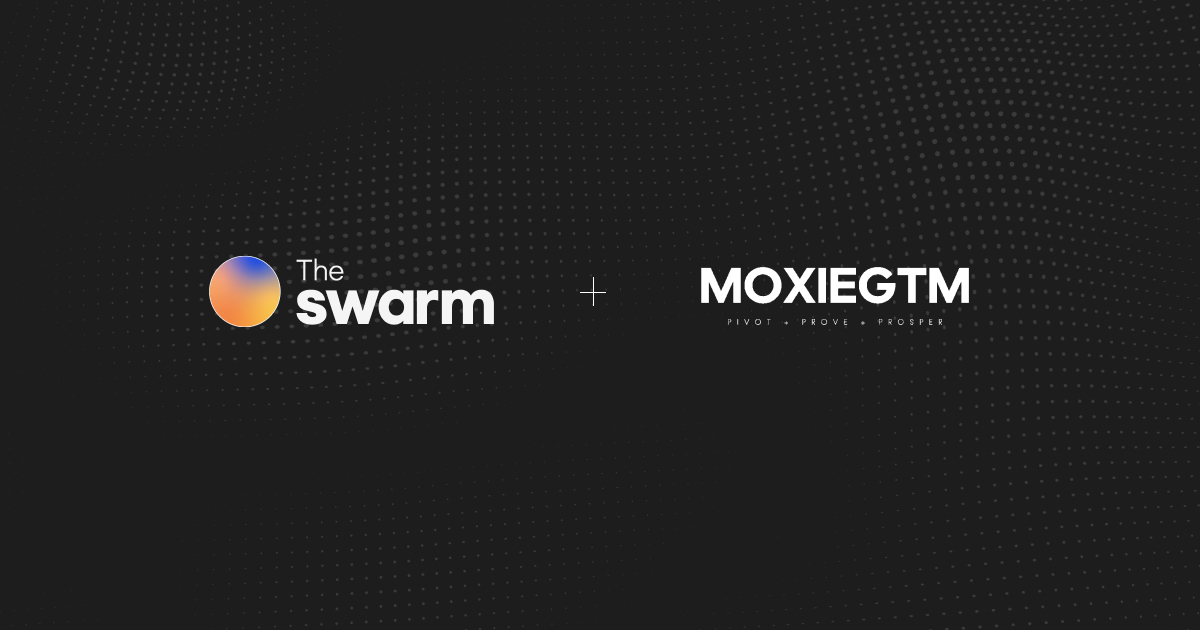How MoxieGTM built a repeatable referral channel for Pavilion

Pavilion's Founder, Sam Jacobs, and Head of Demand Gen, Josh Carter, have long seen referrals as one of their highest-performing channels to attract new members.
They already had a referral program in place, but like most referral programs, it was reactive and unpredictable.
To change that, Pavilion worked with Richard Purcell of MoxieGTM to design and run a proactive referral play, starting with the Austin chapter.
The Experiment
Led by Austin Chapter Head Bijay Alex Mathew and implemented by Richard, the test followed three steps:
- 10 members opted in from the Austin chapter.
- Mapped their relationships using The Swarm, identifying people they used to work with who matched Pavilion’s ICP.
- Ran outbound campaigns that referenced those shared connections, testing the approach against a control group of “lapsed leads” (people who had submitted a form on Pavilion’s website but never converted).
The outbound message sent using LGM:
“Hi Sarah – Noticed you crossed paths with Molly Shannon. Molly has been a great contributor to the Pavilion's Austin Chapter. Open to an invite to our next executive ‘meeting of the minds’?”
Results
The proactive referral play significantly outperformed the control group:
Audience #1: Lapsed Leads
- 4% interest rate (lead-to-MQL conversion rate)
- Audience had prior engagement (form submissions) but no recent activity.
Audience #2: Relationship Mapping
- 14% interest rate
- Audience had no prior brand engagement, but had a relevant, trusted connection to a Pavilion member.
Overall impact:
- 3.5X higher conversion rate compared to the lapsed leads control group.
- Campaigns were 20% smaller in volume but produced 350% more conversions.
- Generated warm, high-quality conversations earlier in the pipeline, creating more predictable follow-up opportunities for the sales team.
- Showed that activating member networks can perform better than re-engaging warm leads from inbound funnels.
Key Learnings
1. Smaller, better-targeted audiences win
The relationship-mapped audience had fewer contacts but higher intent. The personal connection created instant credibility, making cold outreach feel warm.
2. Trust beats prior engagement
Despite lapsed leads having previous touchpoints with Pavilion, the relationship-based outreach converted more effectively — highlighting that trust from a known contact can outweigh brand familiarity.
3. Predictability through activation
Referrals are often sporadic and hard to forecast. By systematically mapping member networks, Pavilion and MoxieGTM created a repeatable, proactive channel that can be scaled chapter by chapter.
Credit: Strategy and implementation by Richard Purcell, MoxieGTM for Pavilion using The Swarm data.







